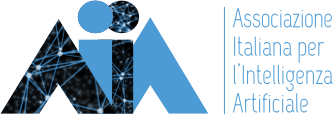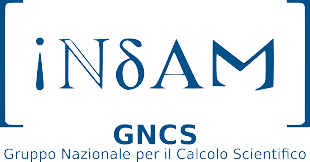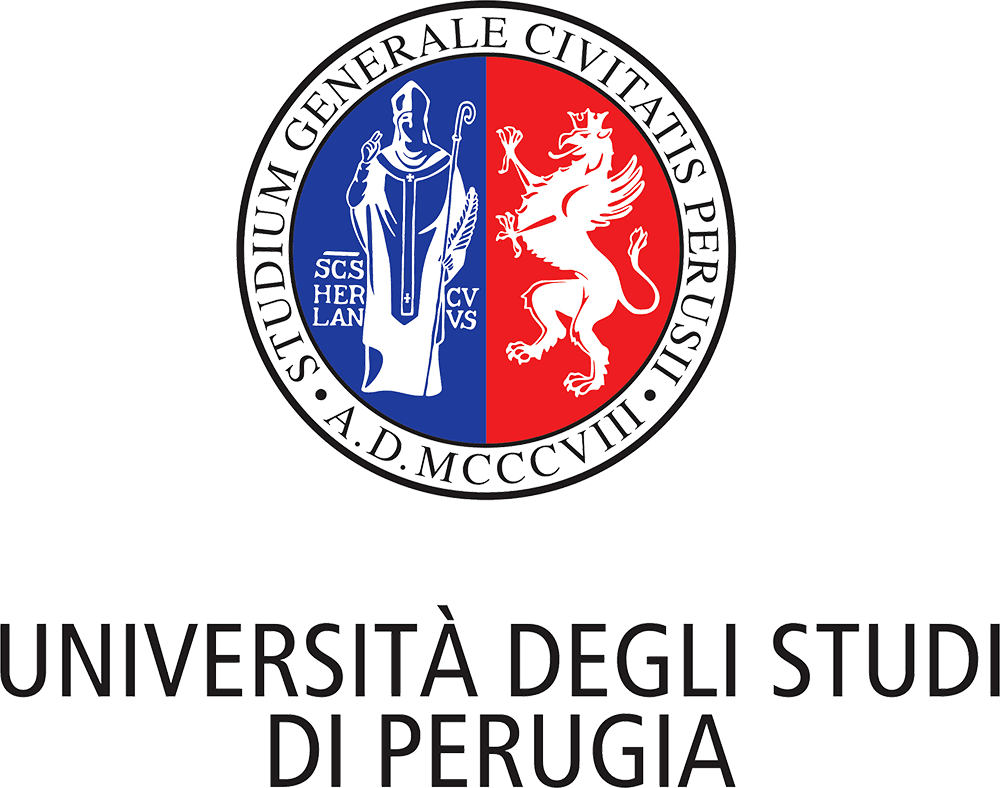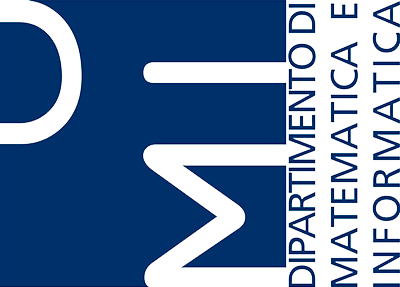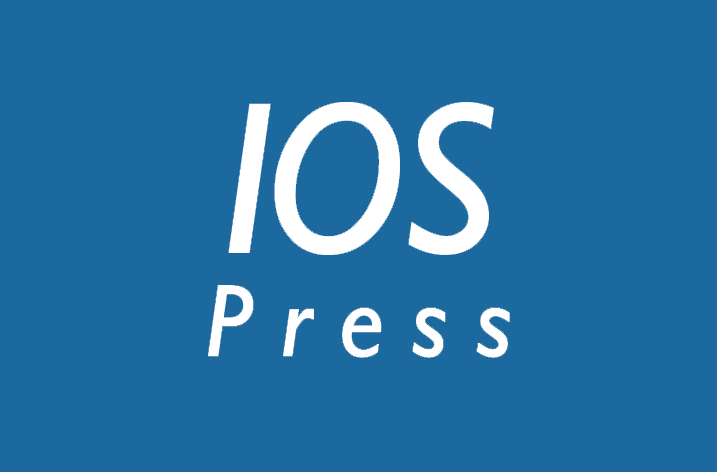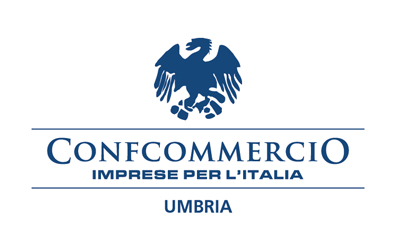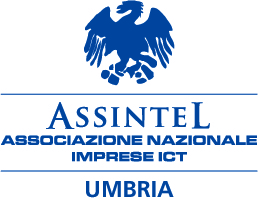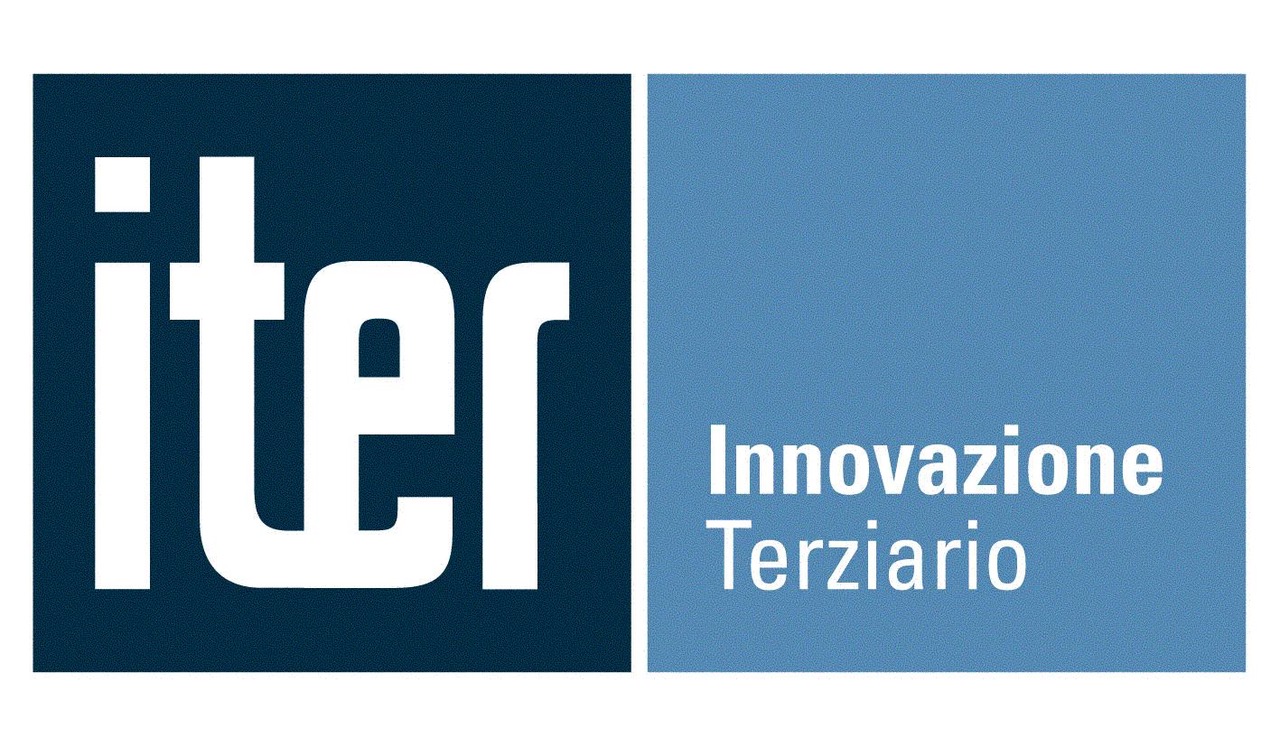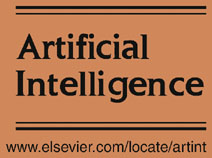Call for Papers, Demos and Workshops
The International Conference on Computational Models of Argument (COMMA) is a regular forum for presentation and exchange of the latest research results concerning theory and applications of computational argumentation. After the successful editions in Liverpool (2006), Toulouse (2008), Desenzano del Garda (2010), Vienna (2012), Pitlochry (2014), Potsdam (2016) and Warsaw (2018), the biennial COMMA event will be hosted by the Department of Mathematics and Computer Science of the University of Perugia. COMMA 2020 will be preceded by the fourth edition of the Summer School on Argumentation (SSA 2020). In addition to the main conference track, COMMA 2020 will include system demonstrations, as well as workshops devoted to specific argumentation-related themes, for both of which we invite proposals.
Please consult the complete Final Call for Workshops, Demos, and Papers (pdf), which also includes the layout, formatting and submission instructions.
Dates
Papers
- Paper submission open: 9 March 2020
- Paper submission deadline:
17 April21 April8 May 2020 - Notification of acceptance: 19 June 2020
- Camera-ready versions due: 13 July 2020
Demonstrations
- Deadline for notification to the demo coordinator: 31 March 2020
- Extended-abstract submission deadline:
17 April21 April8 May 2020 - Notification of acceptance: 19 June 2020
Workshops
- Workshops proposal submission deadline: 6 January 2020
- Workshop proposal decisions: 27 January 2020
- Call for workshop papers: 24 February 2020
- Workshop paper submissions deadline: 1 July 2020
- Workshop paper decisions: to be decided by workshop organizers
- Due date for final versions of accepted papers: to be decided by the workshop organizers
- Workshops: 8 September 2020
- Main COMMA Conference: 9-11 September 2020
COMMA topics include, but are not limited to:
- Formal, semi-formal and informal models for argumentation
- Argumentation and Non-monotonic Reasoning
- Dialogue based on argumentation
- Strategies in argumentation
- Argumentation and game theory
- Argumentation and probability
- Argumentation and narrative
- Argumentation-based explanation
- Argumentation and computational linguistics
- Argument mining
- Computational properties of argumentation
- Reasoning about action and time with argumentation
- Decision making based on argumentation
- Argumentation in agent and multi-agent systems
- Argumentation for coordination and coalition formation
- Argumentation-based negotiation
- Argumentation, trust and reputation
- Argumentation and human-computer interaction
- Systems for learning through argument
- Implementation of argumentation systems
- Tools for supporting argumentation
- Demonstrations of innovative working applications and tools
